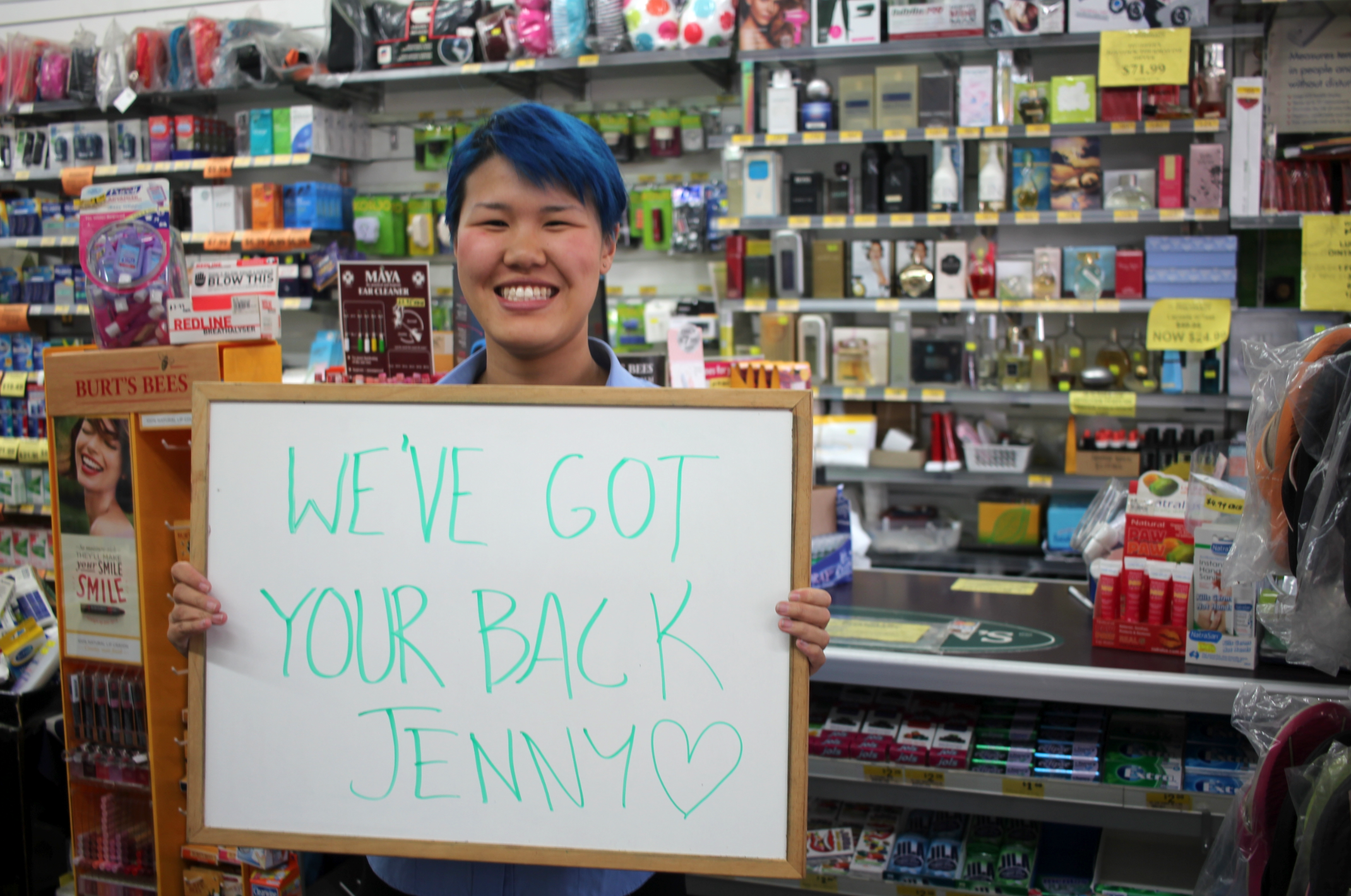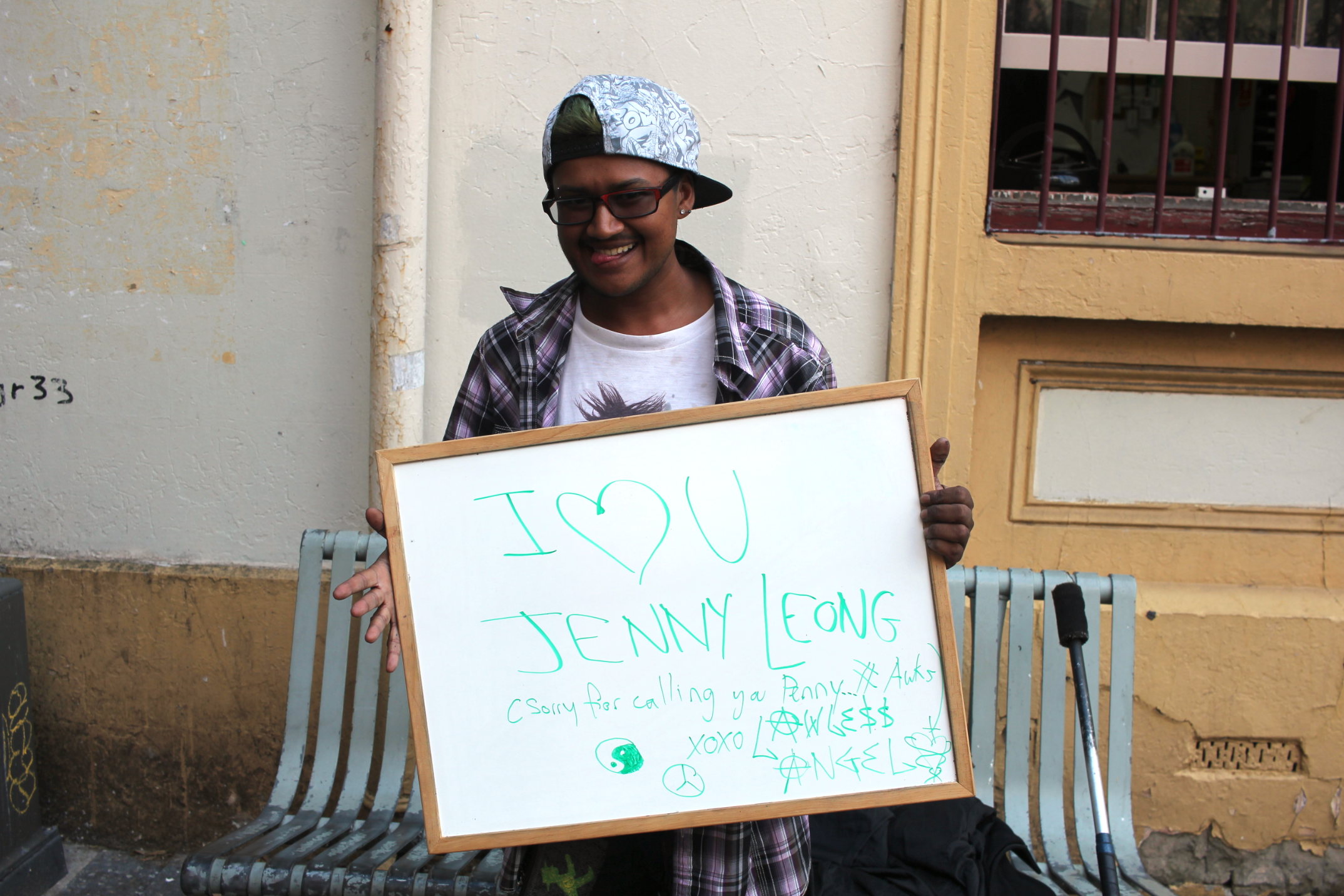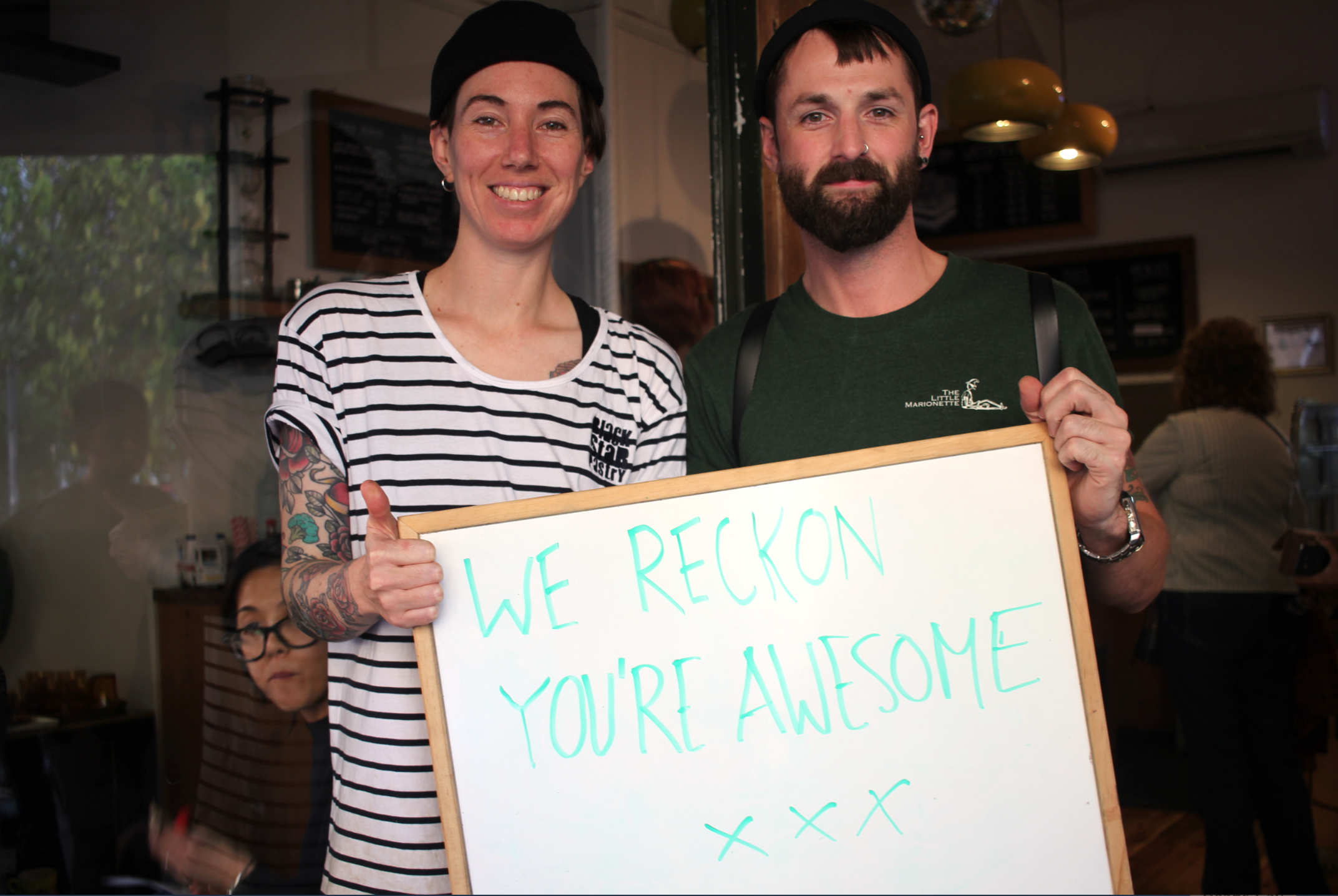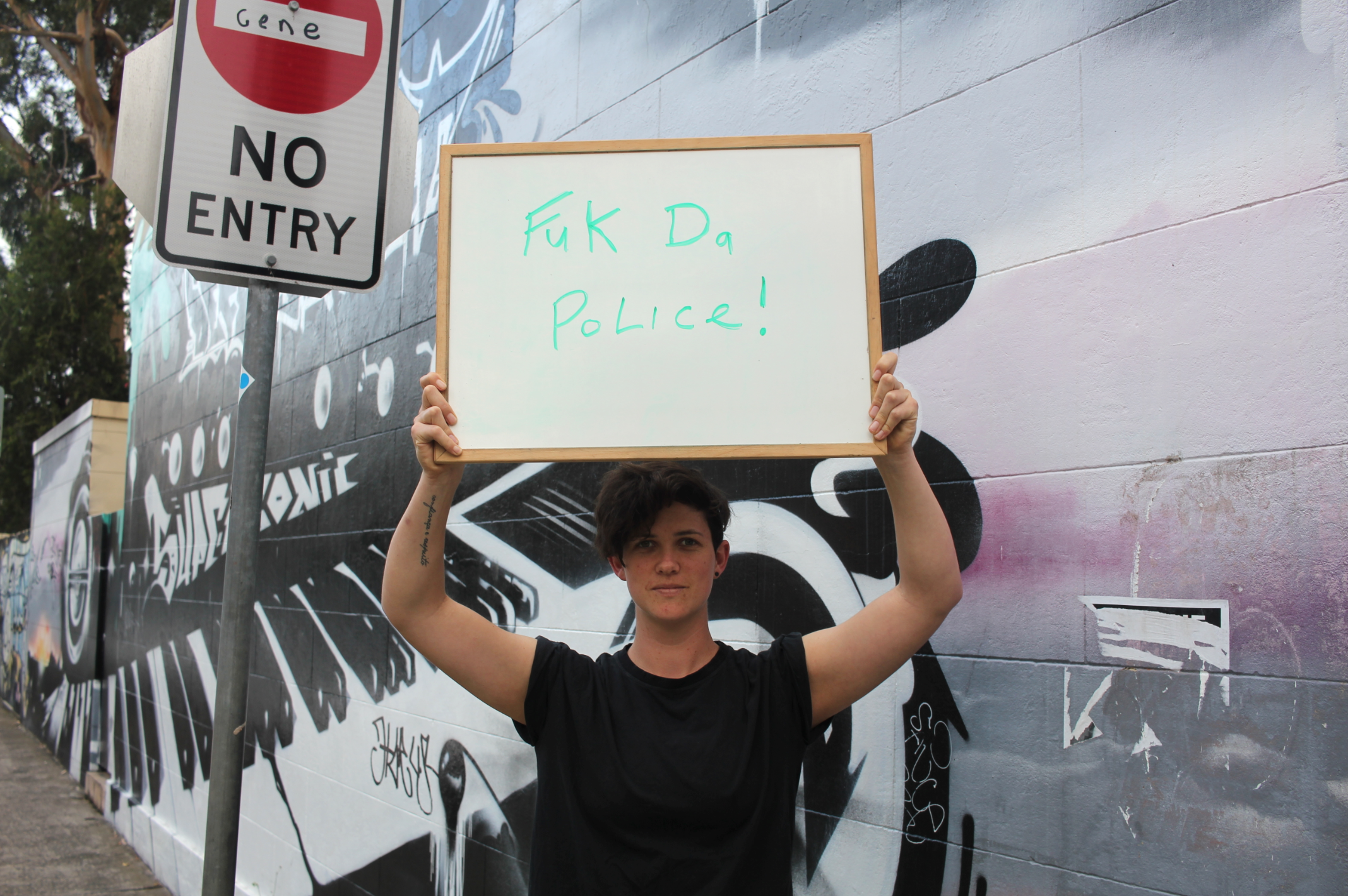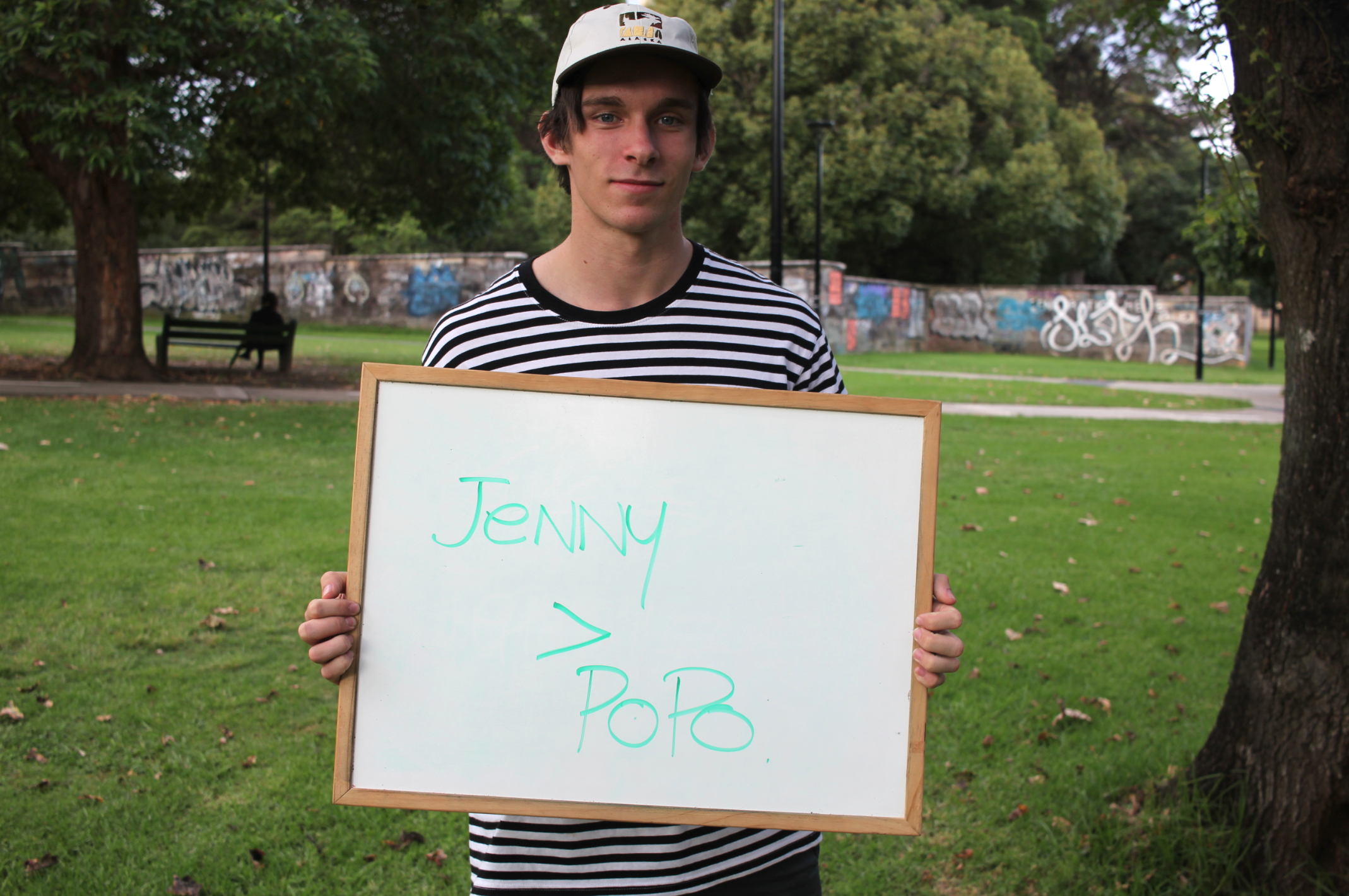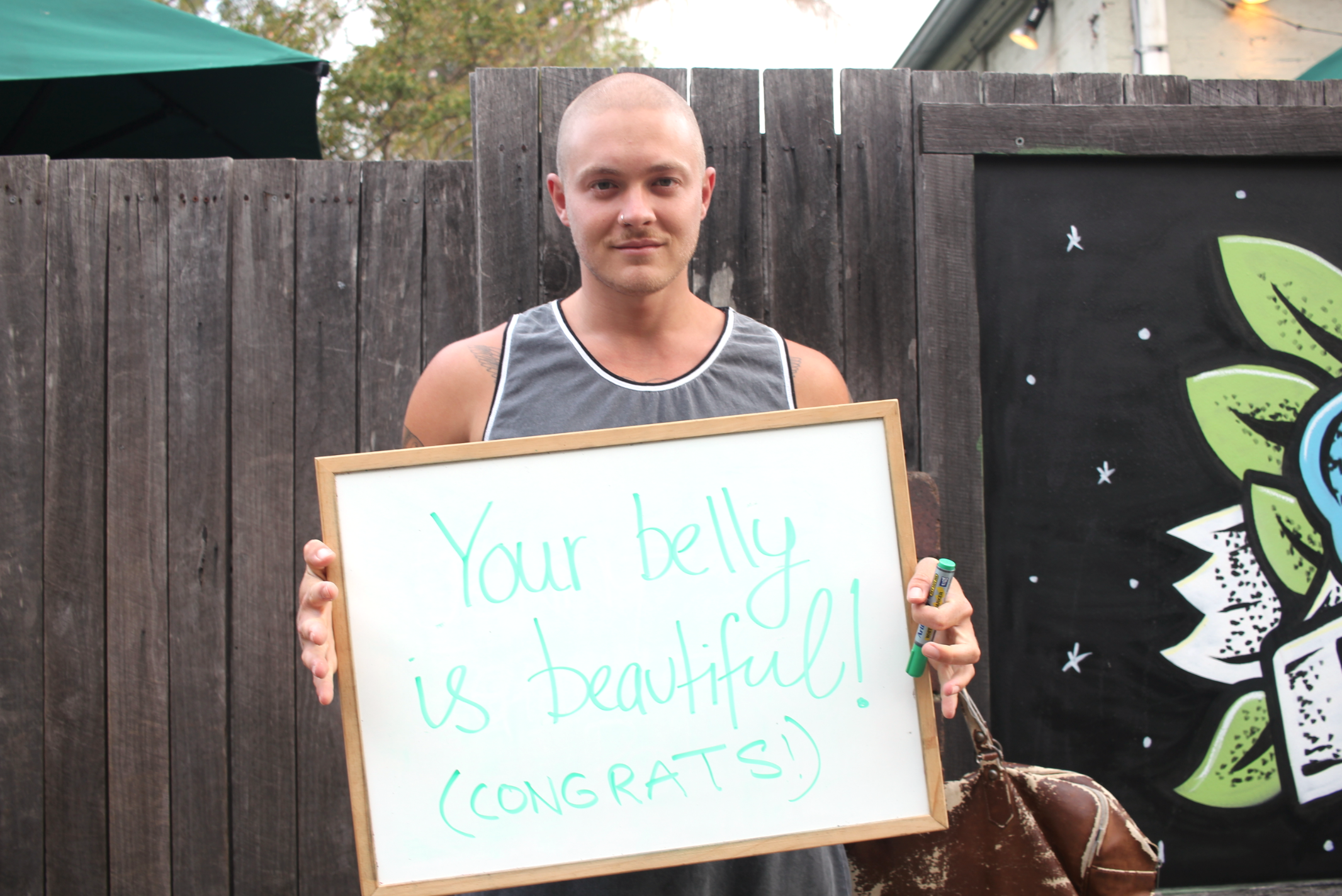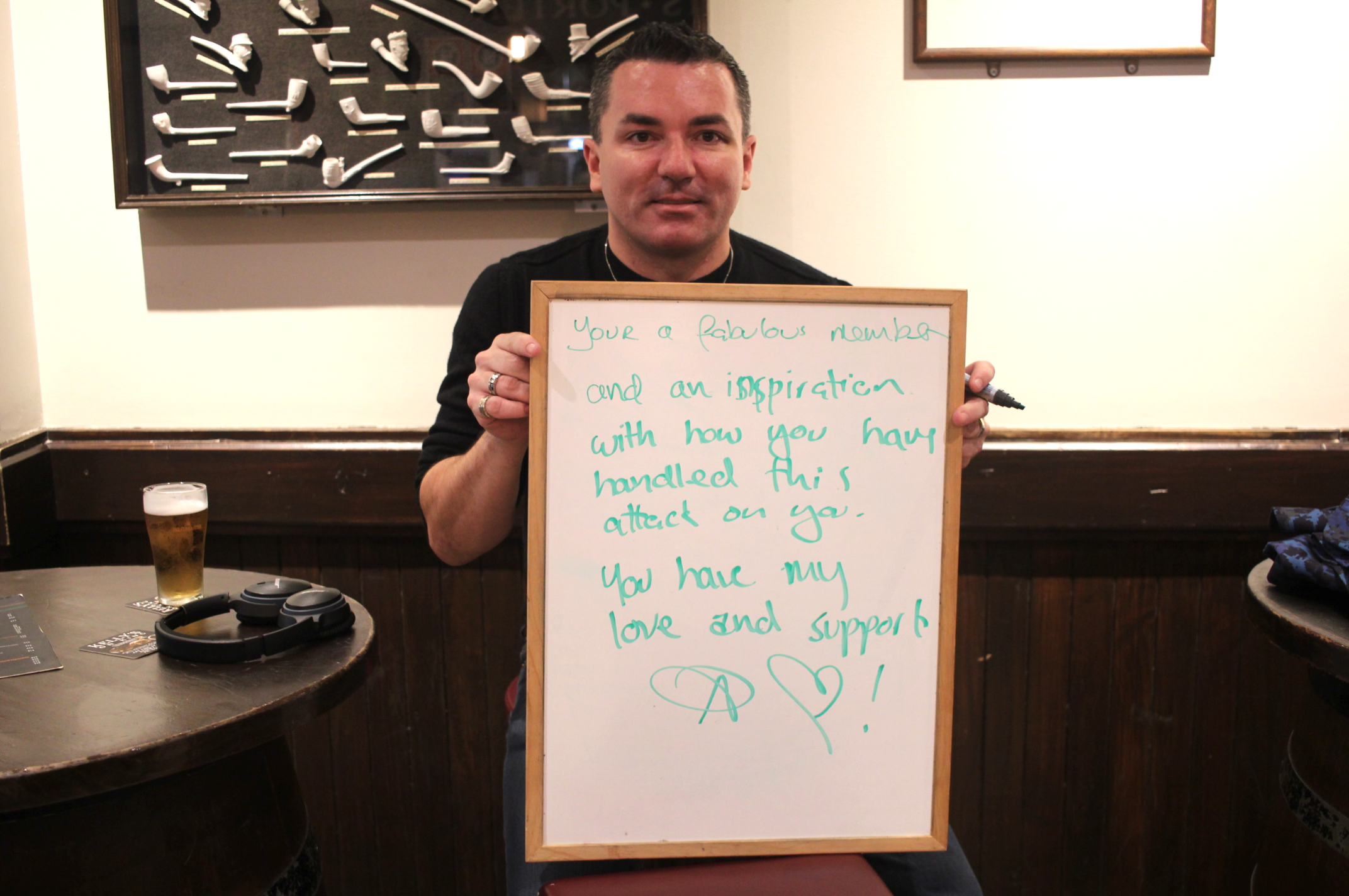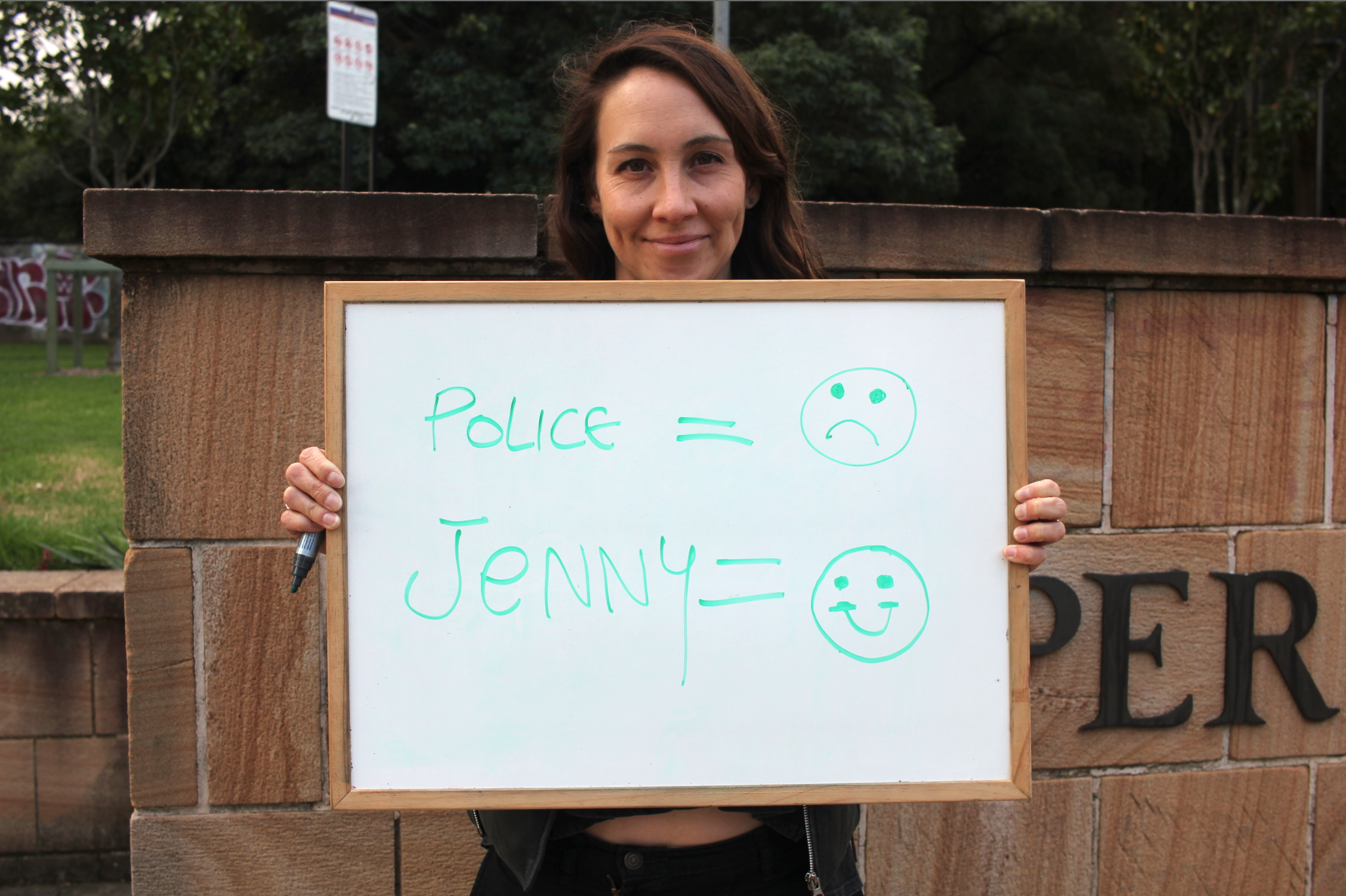Jenny Leong, we’ve got your back!
By Charlie Tetiyevsky
Jenny Leong, Greens MP for the suburb of Newtown, has blown up the Internet recently by doing exactly what powerful feminists like Clementine Ford have been doing for ages: revealing internet aggression against women.
The comments in and of themselves are not unusual; a specific sort of person seems to think that the Internet is still in 1996 IRC mode where you’re afforded complete anonymity should you want it. But this is 2016 and people understand Google and IP addresses, so it wasn’t exactly long before the most frightening allegation of the whole affair was revealed.
Just weeks after NSW Police confirmed that the “several men found trolling the Facebook page of […] anti-drug detection dog campaign [Sniff Off were] police officers,” another set of officers have allegedly been unable to help themselves from directing sexist, racist vitriol towards Ms. Leong.
As anyone acquainted with the politics and population of Newtown, the location of Ms. Leong’s office and a very vis and LGBTQI-friendly neighbourhood, can attest, the MP has been a champion for gay equality and general civil rights since taking office in 2015 (she worked with Amnesty International for years beforehand). She is a long-time resident of Newtown and is certainly considered to be part of the community, which makes the police officers’ attacks on her all the more personal to her electorate. “In her short time as MP,” explains Heaps Gay editor and local resident Samuel Leighton-Dore, “Jenny has already shown immense initiative and understanding towards the tight-knit Newtown community.”
“It’s been particularly disappointing to see the online abuse being directed at Jenny Leong in recent days––and to learn that members of the police force might’ve [participated] felt like a gross misconduct.” Leighton-Dore helped organise a show of support for Leong in Newtown this Tuesday, explaining that “without doubting her ability to handle situations like this, she’s human and online attacks feel shitty, so we really wanted to remind her how much she’s appreciated.”
In addition to being victimised by the commenters, there has been an ugly victim-blaming attitude towards the people confronting the sort of human rights abuses that Ms. Leong and the members of her party have long been targeting. But there are signs that there is a larger culture war emerging amidst these personal attacks.
It’s evidence of how deep public opinion has strayed from equality and justice that something like Caroline Marcus’ op-ed “Who’s Trolling Who?” [sic] was published in the Daily Telegraph. As a “journalist” with A Current Affair, Marcus’ is exactly the sort of voice that has become predominant across complacent white, hetero, and cis citizens of the middle class. Marcus seems to think that being a woman gives her licence to “empathise with Greens MP Jenny Leong” before tearing her down, using an abuse tactic common to the MRA community known as “backpedaling.” (Her internalised misogyny is clear from the getgo when Marucs opened her piece with a declaration that “trolling and pile-ons are never acceptable,” the op-ed version of “but I have gay/female/black friends” and “I’m not sexist/racist/homophobic, but…”)
Marcus should know better than to suggest that attacks against a local politician, a woman of colour, a representative for a LGBTQI community, are the same as Leong’s “republishing of a [political] cartoon of [Tony] Abbott.” In a world where a resident sandwich-board-wearing activist gets fined $500 for “obscenity” against the ex-PM, the public at large (including mainstream media “journalists”) seems awfully concerned with protecting the elected coalition officials who, time and again, neglect to protect us.
Marcus speaks for the people who stand in the way of looking critically at our government’s policies—those who argue against reason and historical precedent that blind acceptance of government policies won’t cause democracy to crumble. She describes “a trawl through Leong’s Facebook page” that suggested to Marcus “a personal fixation with criticising police.” There is a mention of “photographs of fully identifiable police on duty,” as though it is illegal or otherwise untoward to show public servants in public doing their public duty. Mentioning a distaste for police programs—what Leong called “pointless intimidation and waste of public money”—is part of a public political forum, the sort that Newtown and its neighbouring suburbs continue to encourage. It is not, as Marcus calls it, “trolling.” (I’m not even going to touch the insane, random, and unsubstantiated claims that “marijuana [is linked to] psychiatric disorders such as schizophrenia.” Not only is this not true in people who wouldn’t already be predisposed to schizophrenia anyway, it is yet another way to imply that those who have mental illnesses have done something wrong or are somehow a scourge on society.)
What is wrong with not accepting the framework that was inserted into the social contract without our assent? What benefit is there to society to give unyielding power to the most powerful groups who routinely disrupt the safety and stability of the marginalised?
How is standing up for one’s convictions a threat, let alone worse than police officers breaking their own social media policy to tell a person it would have been better if she were never born?


